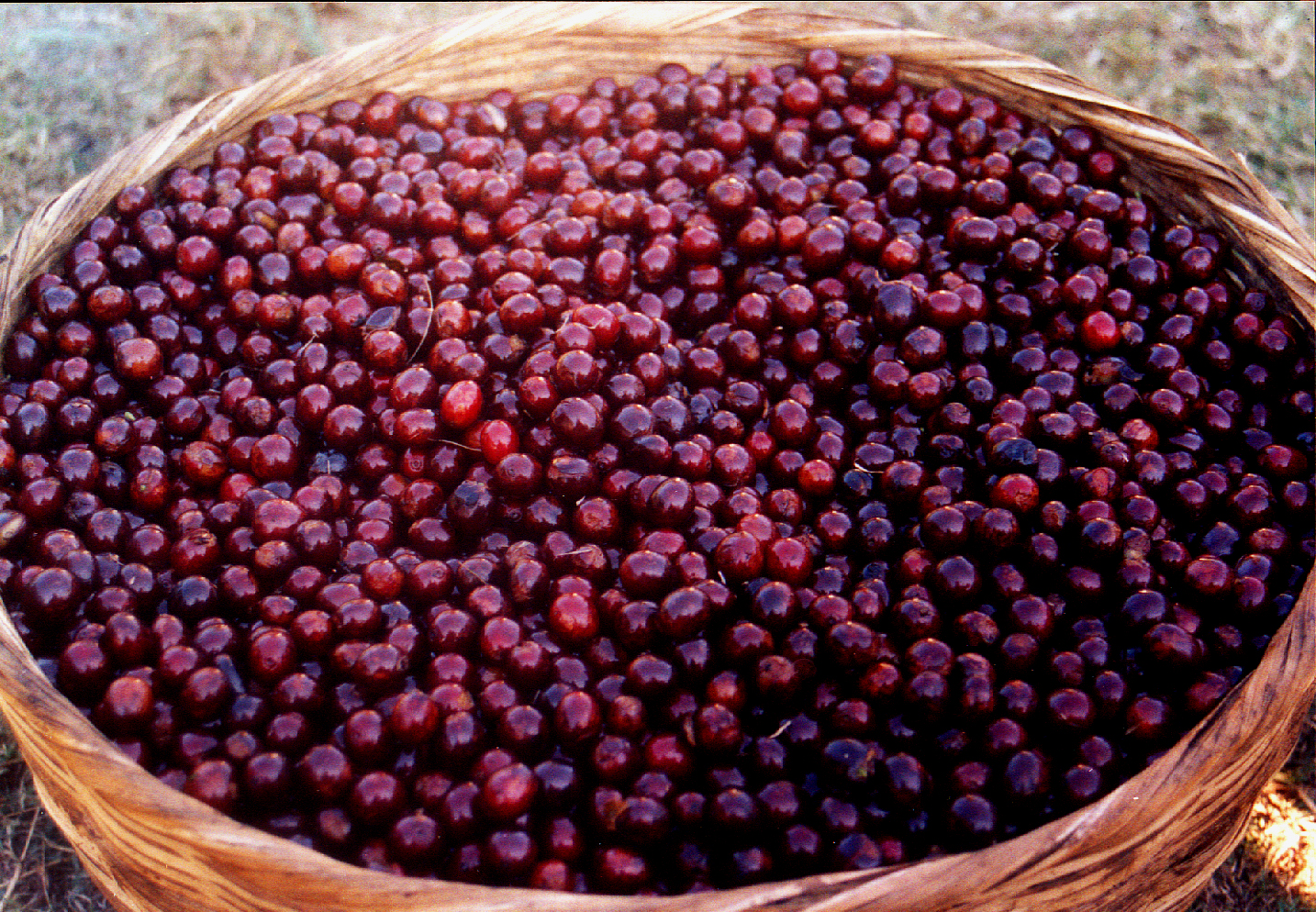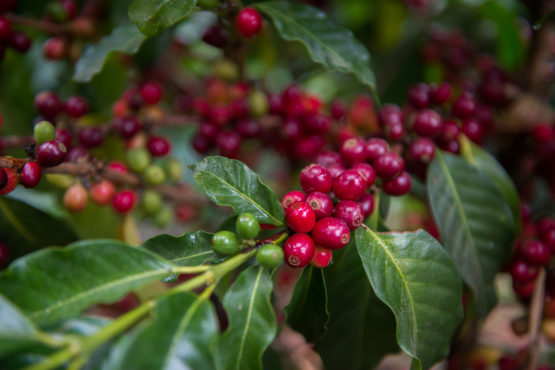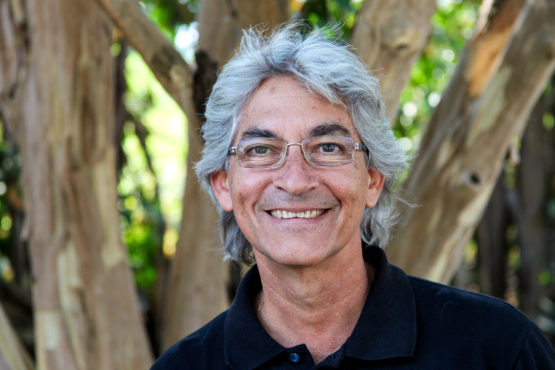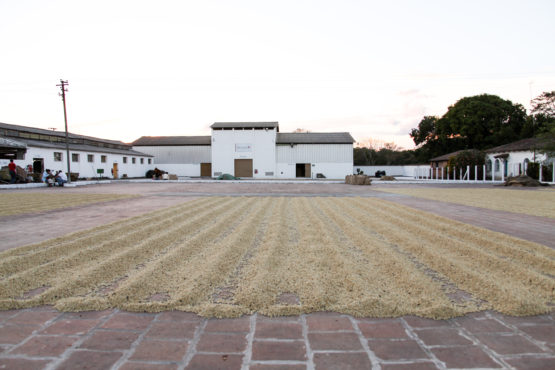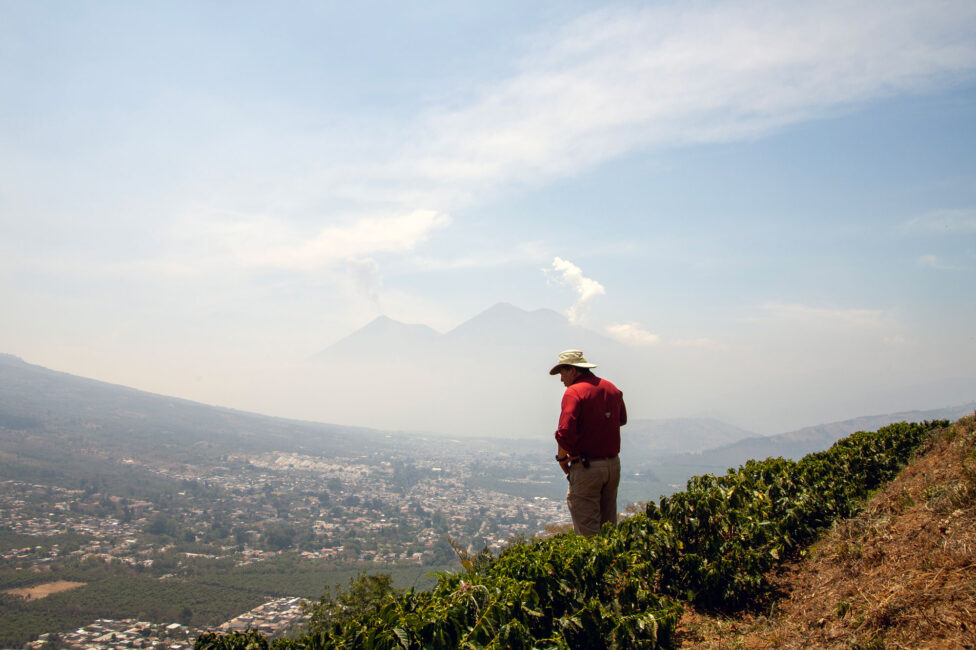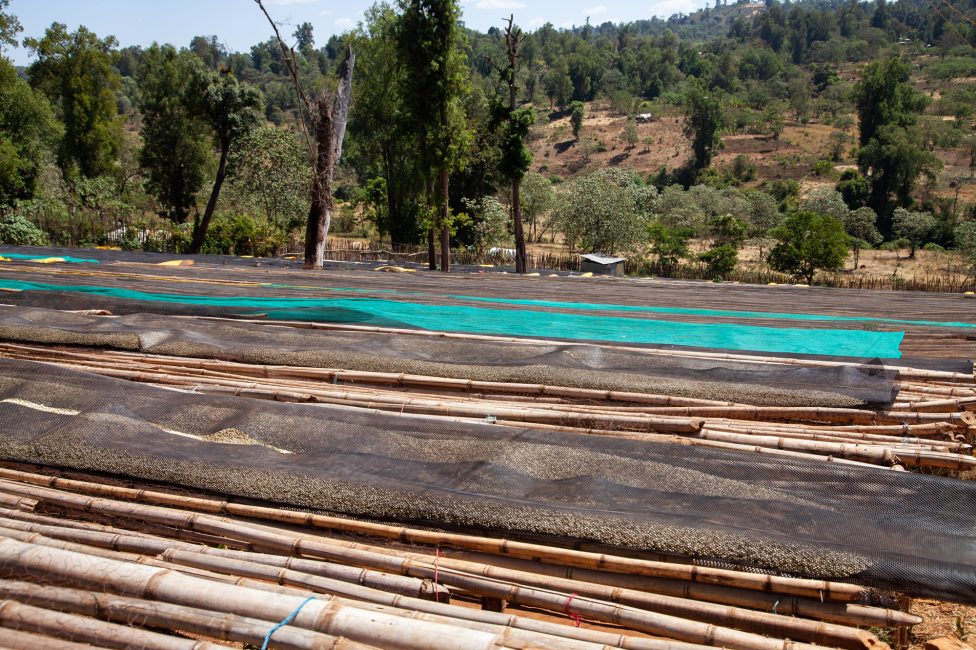El Retiro
Complex and floral with green apple acidity, sugarcane sweetness and notes of honey and orange.
Finca El Retiro has been producing specialty coffee in the Santa Ana Volcano region for more than 60 years. It is owned by the Cukier family, who have planted the farm out with traditional Red Bourbon variety trees (ubiquitous in El Salvador), along with smaller plots of Pacamara and Pacas. The farm is 30 hectares in size and sites at 1,300 – 1,400m above sea level. 21 hectares are dedicated to coffee, and the remainder is planted out with Cypress and Mundani trees and is conserved as forest habitat.
The Cukier family employ 10 full time workers on the farm throughout the year and 25 pickers during the harvest season. All staff) are trained and supervised with expectations of stringent attention to detail. The fan This, combined with excellent growing conditions and a commitment to developing sustainable practices and finding ways to improve farming and processing practices have helped the family to harvest the best coffee cherries consistently throughout the years.
Juan Miguel Cukier oversees all work on the farm, using the most diligent cultivation methods. Coffee trees are managed according to a stringent pruning schedule that maintains the health of the trees and improves their resistance to diseases and insect damage. The family seeks to renovate at least 10% of the total plantation (either through pruning or replacement) every year, and they continue to focus on planning Red Bourbon despite climatic challenges due to its high cup quality. Juan and his team also take a very scientific approach to the way they farm, collecting as much data as possible along the way so that they can make informed decisions in the future.
Ultimately, all activities in the farm are done to conserve and improve the environment in the farm. At the moment, the family is particularly focused on planting trees to produce additional shade to counteract the increase in temperatures that they have seen in recent years. These canopy trees protect the coffee trees from the heat of the sun and also help to improve the quality of the soil and preserve wildlife diversity at the farm.
The biggest challenges currently faced by the Cukier family is the increase in manual labour costs and the appearance of new diseases due to climate change. In recent years, manual labour costs have increased by 60% in El Salvador: the family is considering new ways of working and to use new tools to improve efficiency and reduce costs. Fighting disease is another constant challenge – and as such preventative pest and disease measures are taken daily. With continuous monitoring and quick reaction times, the Cukier family have ensured that El Retiro has stayed healthy and upheld its quality, despite coffee leaf rust outbreaks in the area.
HOW THIS COFFEE WAS PROCESSED
After being selectively hand harvested, coffee cherries are delivered to the renowned El Borbollon Mill in Santa Ana, which lies only 12 km away from El Retiro. El Borbollon is managed by Eduardo Alvarez, whose father (also Eduardo) bequeathed to him a passion for coffee and inspired him to always strive for the highest quality. Under Eduardo’s direction, the mill has increasingly accessed speciality markets and has provided key technical assistance and guidance to the farms with which they work. In fact, Eduardo’s hard work and advocacy has enabled many of these farms to place in Cup of Excellence competitions. Of the 15 high altitude farms with which El Borbollon works, 10 have won places in Cup of Excellence competitions (including El Retiro).
El Retiro’s coffee was delivered and immediately pulped on the same day as harvesting. It was then fermented for 10 to 14 hours before being washed fully in clean water and delivered to dry at the mill’s pristine clay patios, where it was regularly turned. Clay patios are traditional in this region, and Eduardo prefers them to the more modern concrete patios as clay is endothermic (absorbs heat) and, thus, very good at regulating temperature. Coffees dried this way dry very slowly (a minimum 9 to 10 days) and evenly. Eduardo’s experience has shown that the longer the drying time, the better the cup, as the coffee is able to reach its stable humidity level more slowly and dry more evenly.
After drying the parchment coffee then dried for around 2 weeks on the patio, the coffee was rested, and then hulled and sorted mechanically and by hand before export.
